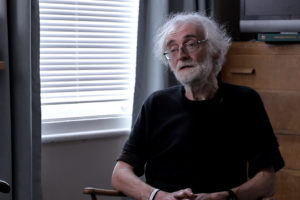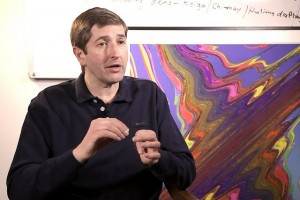Prime Numbers
Mathematician Gareth Jones on number theory, why there are infinitely many of prime numbers and how to calcula...
What can help us to understand climate change? How do little particles in the atmosphere affect climate? What are the challenges that the field of climate science? These and other questions are answered by Professor of Faculty of Natural Sciences, The Grantham Institute for Climate Change, Joanna D. Haigh.
The video is a part of the project British Scientists produced in collaboration between Serious Science and the British Council.
The climate is the description of the large scale of environmental variables. For example, it would describe the average temperature, the average wind, the average humidity of an area of the globe. It’s different from weather. The weather is a very immediate effect in a particular area at a particular time. But the climate is more average expected weather or variables that describe the environment. Of course, this varies hugely across the globe
In tree rings we know that the tree growth responds to temperature and humidity, and the width of the tree ring will tell us something about that. In the ice cores you can record the oxygen isotopes in the air that’s stored in the column of ice, and that will be a depletion of heavy isotope when the air is colder, so, again, it is an indirect measure of the temperature.
While we can be fairly clear what’s going to happen to global average temperature, it’s much more difficult to predict what will happen in particular regions. Some regions are much more difficult than others. While climate models can produce ENSO events – el nino events – in principle quite well, it’s very difficult to predict the actual timing of these events, and that requires a better understanding of the whole ocean-atmosphere interaction.

Mathematician Gareth Jones on number theory, why there are infinitely many of prime numbers and how to calcula...

Harvard Lecturer Ronald Walsworth on net magnetization, nonradioactive isotopes of noble gases, and naturally ...

Physicist Daniela Bortoletto on the discovery of the Higgs Boson, the Large Electron-Positron collider, and th...